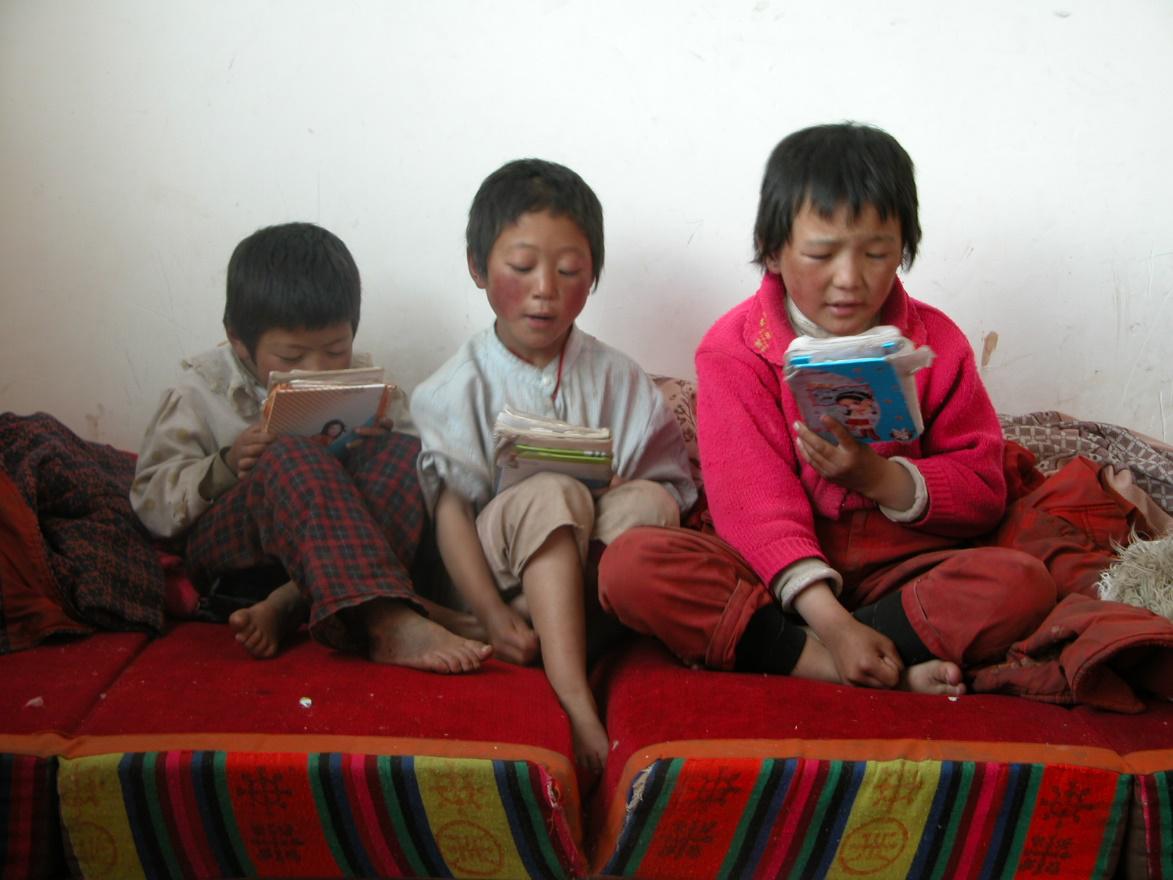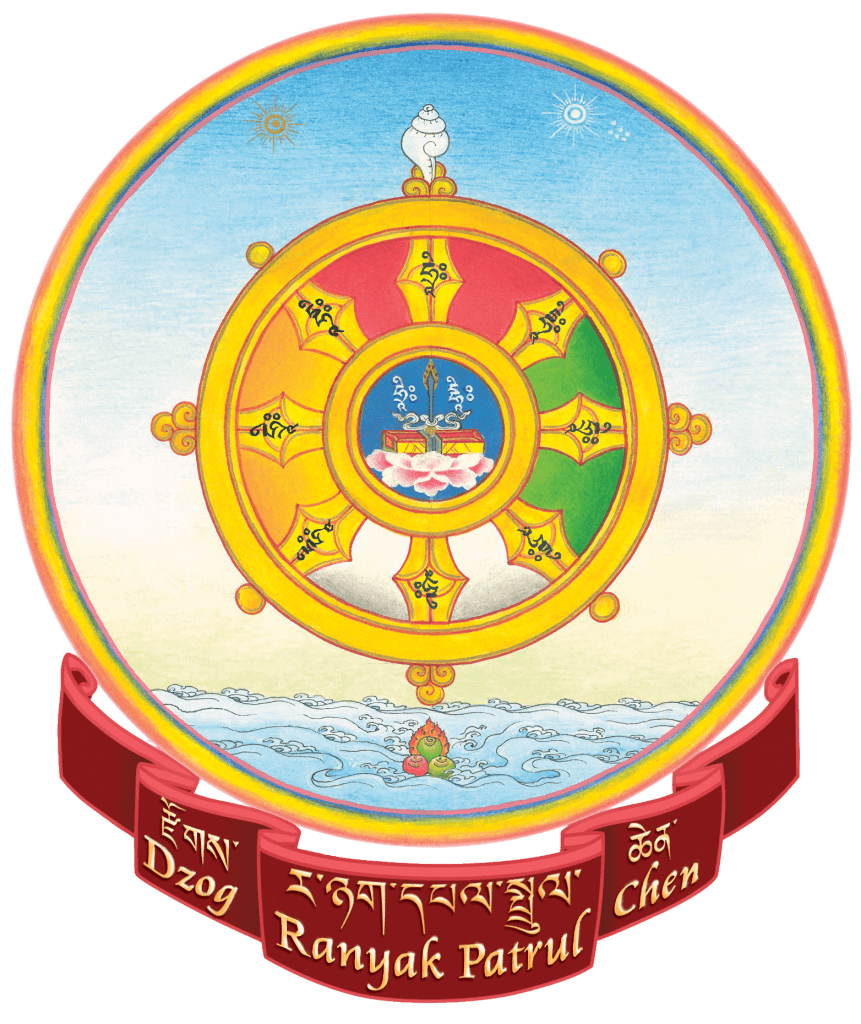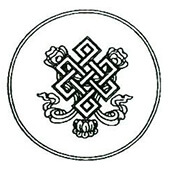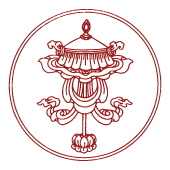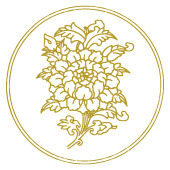WRITER
“I hope that a vivid, deep and true wisdom
will take root in each being, with good motivation
and heartfelt respect for the tradition
to which this wisdom is associated.”
Dzogchen Ranyak Patrul Rinpoche
The publishing house Wisdom Treasury was founded by Patrul Rinpoche in 2005 with the primary aim of publishing texts associated with the Longchen Nyingthik lineage and Dzogchen Monastery.
Writings by Ranyak Patrul Rinpoche
The True Words of the Great Rishi
In his relentless strive to support and guide the thriving community of students who wish to deepen and broaden the scope of their study and practice of Buddhism, Patrul Rinpoche composed ‘The True Words of the Great Rishi’ addressing the Four Noble Truths, a fundamental teaching exposed by the Buddha in his first turning of the wheel after his enlightenment.
Sometimes considered as a study object for beginners only, the Four Noble Truths are in fact of paramount importance on all the stages of the path, and Patrul Rinpoche’s exceptional knowledge and his authenticity make this book insightful, relevant and beneficial for those seeking to mature their spiritual progress.
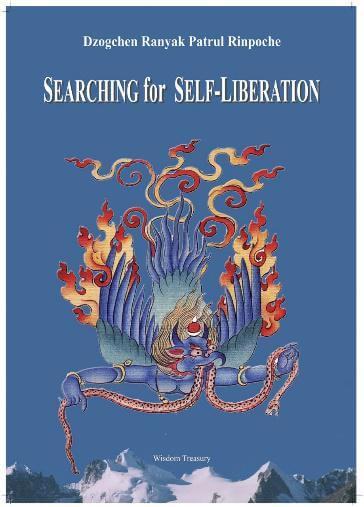
Shedra Books
Books by Patrul Rinpoche also include three volumes written specifically for the shedra. They are restricted publications, but will be made available in the Wisdom Treasury catalogue in the future. These volumes are a compilation of the main subjects taught in the universities in Tibet and present the teachings of the Dzogchen path of self-liberation from refuge up to rigpa, making them the perfect framework for all those looking for a thoroughly structured method for their Dharma studies.
1) The Path on which one Reflects on Searching for Self-Liberation.
Advice for those who, desiring liberation, reflect on searching for the path of self-liberation – like the tisha, a bird who searches for a safe and secure place when building its nest.
2) The Path on which one Ascertains the Great Beings’ Way of Self-Liberation.
Advice like the movement of an elephant – powerful approach on the path of self-liberation.
3) The Path on which one Obtains the Great Transmission of Self-Liberation.
Advice like being in a garuda egg – outwardly the signs of the path of self-liberation are not yet evident, but inwardly the power, or energy, of the mind is perfect.

The Tree of Precious Bodhicitta
Teachings on impartial compassion, a composition by Ranyak Patrul Rinpoche
Highlighting accurately the relationship between the sickness of ego-grasping and samsara on the one hand, and medicinal impartial compassion and nirvana on the other, the wish-fulfilling Precious Bodhi Tree aims at sowing the seed of bodhicitta in us, powerfully instilling compassion and inspiring us to take refuge in its shelter until we attain the supreme fruit of unchangeable Buddhahood.
This mind of the bodhi tree always produces
medicinal branches of compassion,
leaves of understanding,
flowers of loving-kindness,
and the fruit of realisation
which understands the truth.
Patrul Rinpoche
In 2010, Rinpoche offered teachings on “The Precious Bodhi Tree” in all the centres he visited that year, a very rare and precious opportunity to study and be inspired by this profound text composed by Rinpoche himself.
The Jewel Staircase to Liberation
‘The Jewel Staircase to Liberation’ is a short practice text for the daily ngöndro sessions, composed by Patrul Rinpoche in direct line from the cycle of Longchen Nyingthik revealed by Jigme Lingpa.
In order to transform and purify our mind, the preliminary practices or ngöndro are the indispensable foundation for those wanting to embark on the path of Dzogchen. The booklet presents these practices in a concise way, highlighting both essence and depth.
The Science of True Nature
The booklet ‘The Science of True Nature’ is the transcription of a lecture given in Belgium in 2010, a talk in which Patrul Rinpoche shares with us a number of ideas we can apply directly to those pleasant and miserable situations we all come across in our lives.
These suggestions not only help us understand the origins of suffering, they also show us how to transform painful experiences like sadness, anxiety and depression by recognizing their true nature and bringing them onto our individual paths with a sole purpose: easing suffering and finding happiness for self and others.
Commentaries by Patrul Rinpoche to famous texts
A Commentary to The Thirty-Seven Practices of a Bodhisattva
Patrul Rinpoche explains the well-known text from Gyalse Ngulchu Thogme, The Thirty-Seven Practices of a Bodhisattva.
It is a great opportunity to deepen our knowledge on how to bring pith instructions into our daily life, in clear, profound and simple terms. Patrul Rinpoche presents and comments on this text in a profound, yet very accessible way thus addressing students already familiarised with the Dharma, as well as readers at the beginning of the Buddhist path.
The teaching is given in English and translated into French and Japanese (all translations are simultaneous). It was recorded during the 2016 Winter Retreat in Dharma City.
A Letter to a Friend (Nāgārjuna)
The poem ‘A Letter to a Friend’ has been composed by the great Buddhist master Nagarjuna (1st – 2nd century A.D.) as a piece of advice to a South Indian king and even today remains as one of the most important texts for the reader interested in a clear and comprehensive exposition of the whole Mahayana path. Combining a theoretical step-by-step presentation of the stages of the path with a very pragmatic application to everyday life, it is meant to guide those who wish to deepen their spiritual practice while continuing to live and work in society.
The teaching was recorded during the 2015 General Buddhist Philosophy and Meditation Course in Dharma City.
DVDs
Publishing recorded teachings is yet another way Patrul Rinpoche chooses in order to share his realisation and knowledge.
